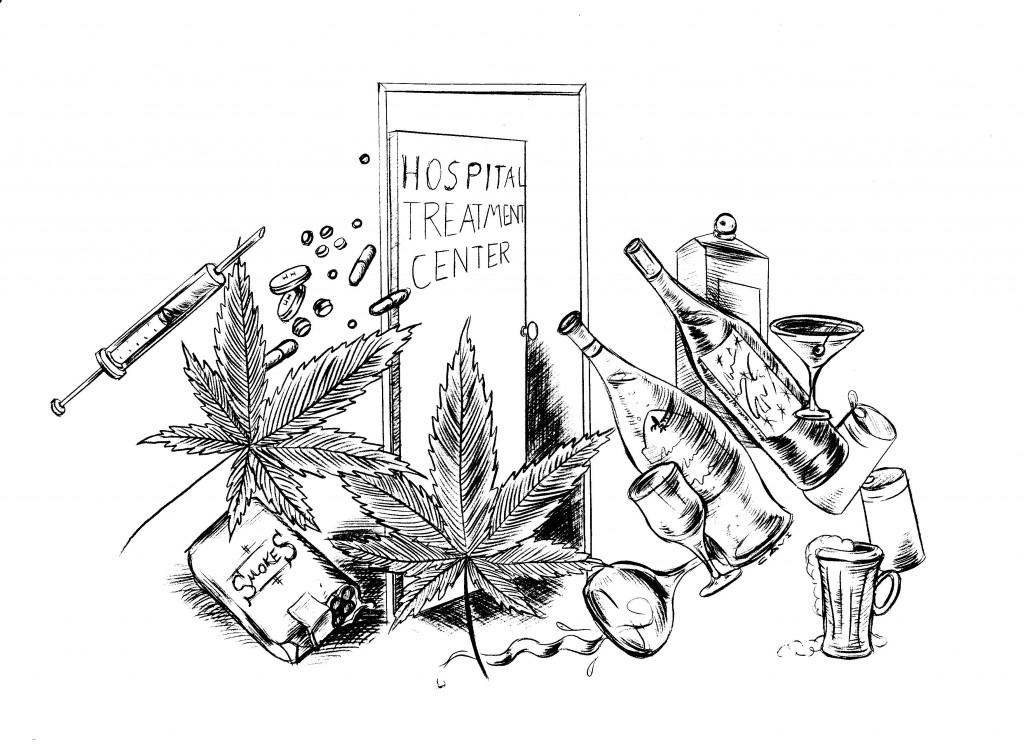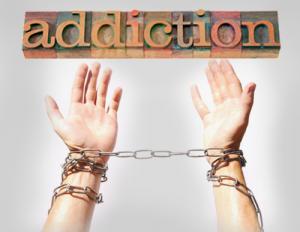Thanks to the banning of cigarettes in public places, fewer US teens smoke cigarettes, which is safer for all of us. Now that we don’t have as much second-hand tobacco smoke, why should we put up with second-hand marijuana smoke? It’s probably because we’re bamboozled by propagandists who worship pot as if it’s a god, and evangelize as if it’s a religion.
Let’s Not Support Another Addictive Substance
Let’s not add one more addictive, dangerous substance to the drugs that are already legal. We have many legal addictive substances — alcohol, tobacco, Ambien, Xanax, Percocet, OxyContin, Vicodin, Adderall. More options only add to addiction rather than substitute for other choices. The majority of teens who are in substance abuse treatment use marijuana more frequently than alcohol, other drugs and addictive substances.

The marijuana lobby repeatedly claims marijuana never killed anyone, but a Colorado man killed his wife after becoming psychotic from marijuana candy and a 19-year old exchange student jumped 4 floors to his death in March, 2014, after eating a marijuana cookie.
One of the most horrific car accidents in recent history killed 8 people, including 5 children, on New York’s Taconic State Parkway in 2009, when a woman drove recklessly with high levels of marijuana in her system. The driver regularly smoked pot to help with sleeping problems, although the toxicology tests showed recent usage and the accident happened early in the day. Its potentially lethal for drivers of any age to be stoned, and not appropriate to suggest pot as alternative to alcohol for drivers.
The promotion of pot as making people calm and non-violent fails to explain how Johar Tsarnaev — described by classmates as a heavy pot smoker — became the Boston bomber. The boy was 19 and had been toking awhile; we need to realize early usage can come with a high cost to the individual and society.
Drug testing began in the United States after 16 people died in a train accident back in 1987. The horrific event occurred because a train engineer and the brakeman, who could have backed him up, had been smoking pot — according to their own admissions. How far will we let the marijuana businesses promote themselves before new tragedies happen?
The constant validation of pot covers up the fact that mass killers James Holmes and Jared Loughner were known to have indulged heavily in marijuana, beginning at young ages. Studies from diverse countries such as New Zealand, Germany and the Netherlands suggest that psychotic states and mental deterioration can be triggered by using it.
Marijuana is the cause of over 450,000 emergency hospitalizations each year in the US–for paranoia, psychosis and/or marijuana poisonings. The most recent report is for 2012, although numbers have been climbing, and there’s a growing trend of using synthetic marijuana. Pot promoters — who would like to turn it into a big business — suggest that users want to substitute it for alcohol, but the medical evidence is that users combine pot with other drugs and alcohol.
Smoked marijuana is held in the lungs much longer than cigarettes. Yet advocates rationalize that it has no adverse effects on the heart or lungs, despite the recent research. Instead of adding to this country’s drug use and abuse, Parents Opposed to Pot suggests:
*We need to warn that both alcohol and marijuana are dangerous, in terms of addiction, abuse and driving, and to warn against all about the many addictive substances available.
*We need to protect children from risk-taking behaviors.
*We need to teach self-discipline and self-control, and not assume that everyone needs a crutch.
It’s realistic to think all teens will push limits, do risky things while trying to have fun. But it’s our job to protect them and not encourage the conditions that will foster addiction and dangerous, mind-altering substances.

